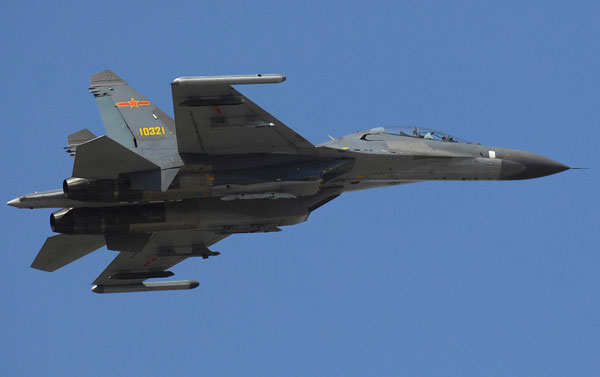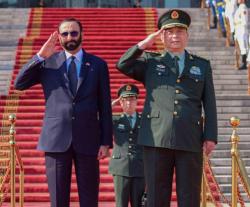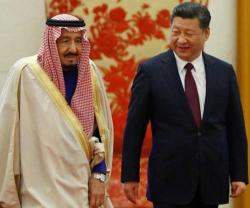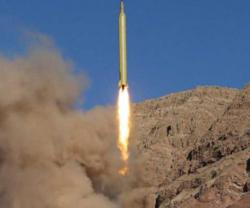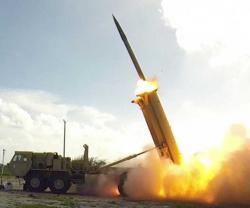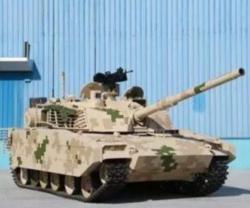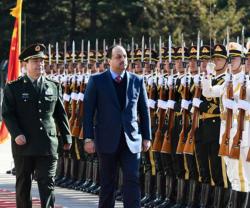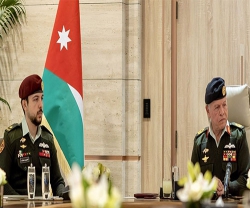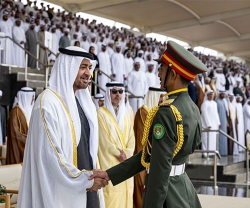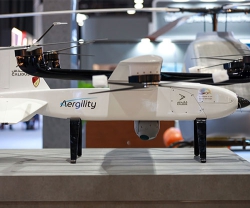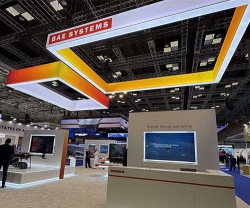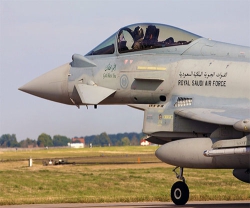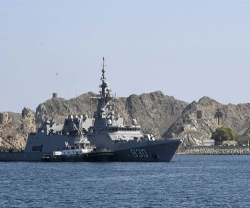China on Saturday announced the country's lowest defense budget increase in six years in the wake of rising economic headwinds and last year’s massive drawdown of service people.
According to a budget report to the national legislature annual session, the government plans to raise the 2016 defense budget by 7.6% to 954 billion Yuan ($146 billion). The increase last year was 10.1%.
The fresh raise will make the world’s second largest economy the second largest defense spender, both next to the United States which, in the words of US President Barack Obama, spends more on military “than the next eight nations combined.”
Obama proposed a 534-billion dollar defense budget package for the 2016 fiscal year, about 3.6 times China’s budget this year. This year's new increase will do little to close that gap.
China’s military expenditure had seen a five-year run of double-digit increases between 2011 and 2015. The defense budget grew 7.5% in 2010.
Faced with increasing economic headwinds with uncertainty clouding global recovery, China saw its economy expanding 6.9% year on year in 2015, the slowest in a quarter of a century, weighed down by a property market downturn, falling trade and weak factory activity.
The government put this year's growth target between 6.5 and 7%, compared with last year's “approximately 7%” goal.
The cut of 300,000 service people announced by Chinese President Xi Jinping in September might also have helped drive down the defense budget growth figure.
China will make its military more revolutionary, modern and better structured, strengthen in a coordinated way military preparedness on all fronts and for all scenarios and work meticulously to ensure combat readiness and border, coastal and air defense control, Premier Li Keqiang said in the government work report to the national legislature annual session.
Logistics and equipment development will be stepped up and the military's size and structure will undergo reforms, he said.
To modernize management and administration, the PLA inaugurated a General Command for the Army, the PLA Rocket Force and the PLA Strategic Support Force in December. In February, it replaced seven military area commands with five PLA theater commands.
Though recent rises in defense budgets surpassed GDP growth, China’s military expenditure in 2015 accounted for 1.33% of GDP, well below the world’s average of 2.6%. The per capita military spending is even less, representing only about 5.6% that of the US, 11% that of Britain and 25% that of Japan, Major General Chen Zhou said.

